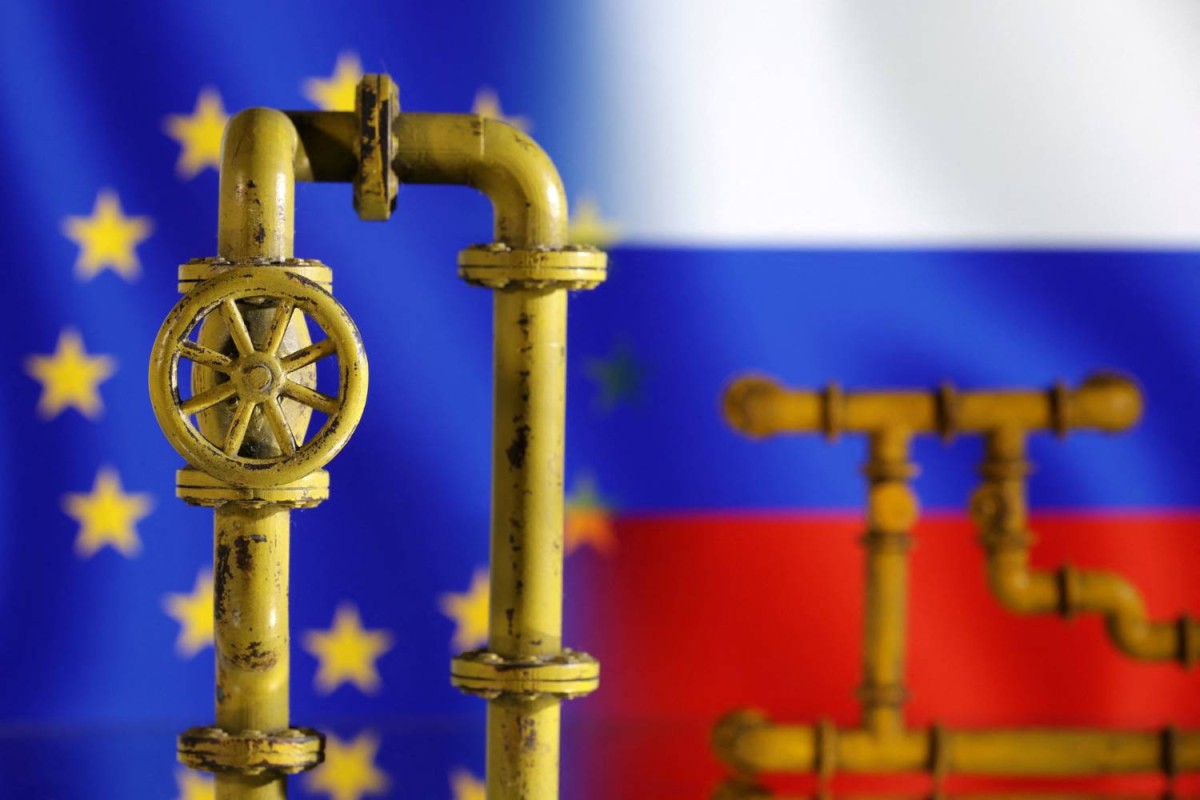 186
186
The implications of placing a price cap on Russian energy supply: Who stands to suffer most from this terrible strategy?
In early April 2022, at the height of the Ukraine conflict, the price of a barrel of Russian crude oil reached over $120. With the support of the United States and members of the G7 Group, several Western governments used the war in Ukraine as a pretext to impose a price cap for buying Russian crude oil. The strategy was adopted to minimise Russia’s inflow of revenue from the soaring costs of fossil fuels such as oil, gas, and even coal.
In response to these hostile efforts, the Russian authorities’ responses centred on a single point: if a price ceiling is set or any action is taken without Russia’s consent, it will only result in the cessation of Russian energy supplies. The Russians stressed that if Moscow’s energy interests were jeopardised, the Kremlin would drastically alter the dynamics of the energy market by lowering output.
In a similar spirit, Mikhail Ulyanov, Russia’s permanent envoy to the international organisations based in Vienna, made unequivocal remarks about the establishment of the price ceiling by the Western capitals. Mr. Ulyanov, criticising Western measures, declared, “From this year, Europe will live without Russian oil.”
In response, the European authorities sought a different course of action. However, time passed swiftly, and President Putin warned that Western attempts to limit the price of Russian energy would ultimately result in the collapse of the world oil industry, culminating in a catastrophic spike in global energy costs and putting more pressure on consumers. Putin’s warnings have been repeatedly addressed by Western political analysts and have dominated headlines for months. Finally, after months of conjecture, President Putin has issued an official decree prohibiting the sale of energy to any companies, individuals, or countries that support the strategy of capping prices against Russia.
Putin’s “special” order rocked the global energy market and triggered immediate price hikes. According to Putin’s directives, the sale of oil to all members of the European Union, together with the members of the Group of Seven (G7) as well as Australia, will be banned until July 2023, leaving these countries with serious challenges in meeting their energy demands for at least six months. Following the prohibition on supplying oil products to the aforementioned countries, Russia’s Deputy Prime Minister, Alexander Novak, stated in an interview with Occи-24 that his country will probably cut its oil output by 5-7% per day, or 500-700 thousand barrels.
Mr. Novak noted that “despite Europe’s attempts to reduce reliance on Russian oil and gas, the world needs Russian energy exports, and Moscow has diversified its buyers.” As new clients for Russian oil are lined up, market experts believe Pakistan might emerge as a key buyer, following China and India. Novak added that Russia can shift its energy supplies to Afghanistan and Pakistan markets by using either Central Asian infrastructure or a swap from Iranian territory.
Today, Russia continues to profit from high oil and gas prices despite the EU’s unilateral sanctions against Russian offshore oil exports and the curtailment of Russian gas sales through pipelines. The Western embargo targeted Russia’s oil revenues in particular; however, due to the diversification of its oil exports, Moscow has generated billions of dollars in previously unheard-of revenue from the sale of oil and natural gas. In fact, a month after the EU and its partners made their move, it became clear that the coalition of parties seeking a price ceiling for Russian oil was too weak to bring Moscow to its knees. Despite the Group of 7’s efforts, this alliance needed the backing of China and India, Russia’s two largest oil clients, as well as other global energy market consumers. The members of the anti-Russian alliance are not among the biggest oil importers. Since the very beginning of the Ukraine war, the alliance’s two most significant members, the United States and the United Kingdom, have stopped purchasing oil from Russia.
In a decisive countermeasure, Russia quickly found alternative clients to replace them. The devastating ramifications of imposing a price ceiling on Russian oil led to the collapse of European financial markets, which coincided with the development of a new wave of the COVID-19 pandemic. Recent assessments from the International Energy Agency (IEA) indicate that the Christmas holidays have caused serious tremors on world markets, which might result in an even greater calamity for EU members in the months to come. At the end, it is true that the amount of Russian exports of natural gas and oil has fallen, but the country’s profits have skyrocketed. The true losers in this energy struggle are the European citizens, who must adapt to the adverse economic implications their leaders have caused.
Comment
Post a comment for this article